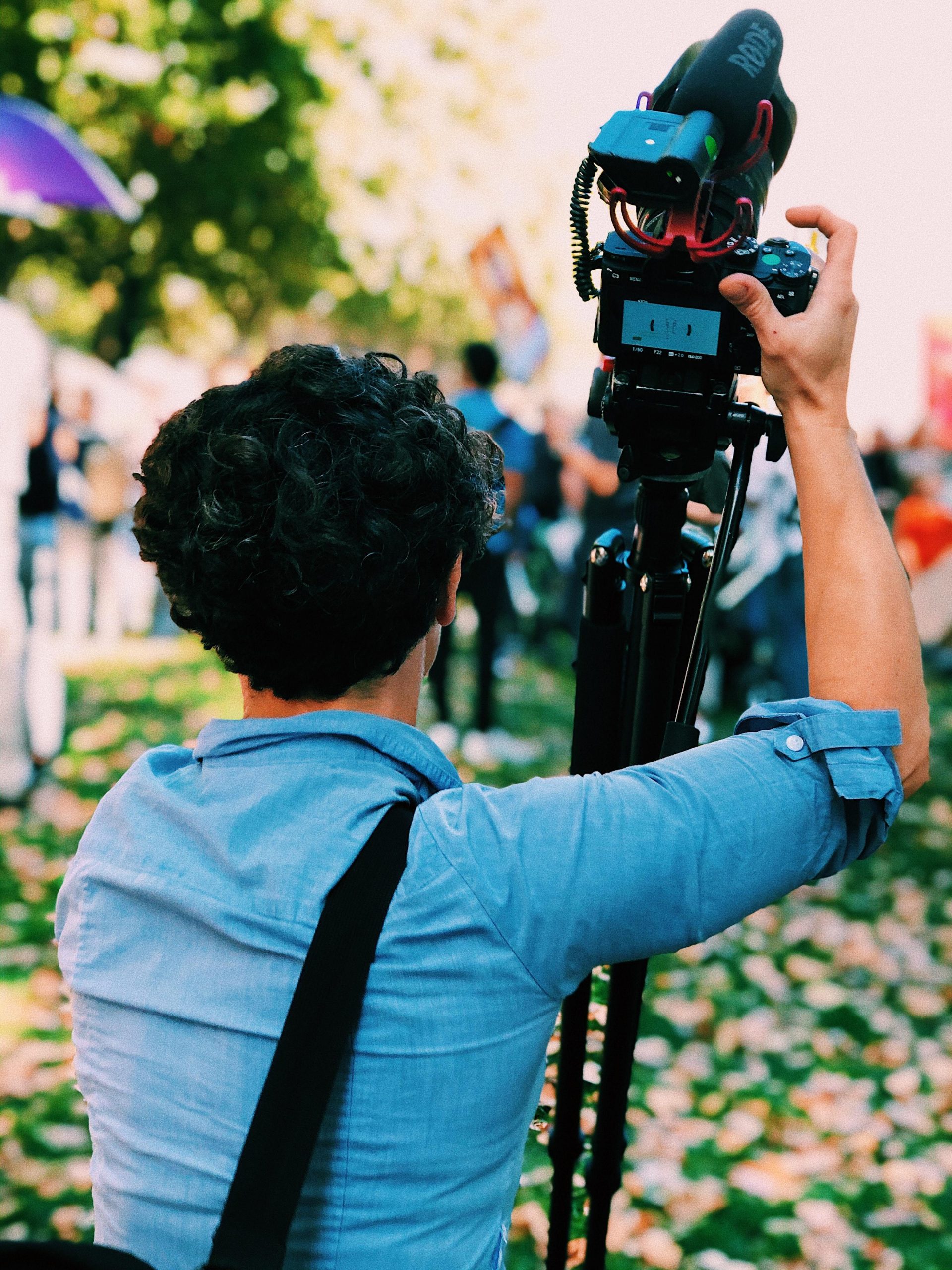
Good Talent Media offers a range of services in the realm of communications, one of the most important aspects being Crisis Communications. One common question people ask is, “what happens if a journalist approaches me in the car park?”
If this were to occur, we can assume the individual is probably not in a good position – likely down to a lack of preparation or burying their head in the sand. Journalists often try a range of tactics before turning up at your doorstep – including emails, phone calls or turning up at your workplace. Car park would be the last option after being ignored after multiple attempts.
It’s usually because you’ve given the impression that you’re not going to give a comment and it tells them that there’s a controversial story or something that has happened that you don’t want getting out.
In this case, you’ve almost lost control. There is an age-old assumption that if it’s not in the media, that’s a good crisis situation. And I totally disagree. Because if you’ve done the wrong thing, or there’s questionable things circulating about your brand and it’s out there, it can be in the media at any moment.
Here is what I would advise you to do if this was to ever happen to you. We’ve set up the context, that a journalist comes up to you in the car park, you’ve got so many things wrong in the lead up to that.
The logical thing to do is just to stop and acknowledge them, be a human being and speak to the journalist. And then you could say something along the lines of:
“I wasn’t aware that this was a question that you were seeking an answer too. I’ll go and do some research and find out exactly what you’re talking about and come back to you with a more considered response.”
You don’t want to be defensive, you’re in a terrible situation, and you and all your organisation has created this terrible situation, and the last thing you want to do is make no comment. Don’t get in your car and drive off. You have to play the game now. You could even suggest that you are actually more than happy to interview, and what is a time that you want to organise doing this nicely.
Sometimes you see people being quite verbally aggressive to a journalist and that’s never a good look. Of course, even physically sometimes, pushing away a camera or putting your hand up to block a lens and that always looks pretty poor as well. I think anything evasive in terms of your physical conduct, and indeed, the words you’re using, the audience will make up their mind that they’ve done something wrong.
Whereas if you give them a reason to give you some time to find out more, I think they’ll probably respect that more. Now you’ve got a chance to come up with your strategy around what is needed to remedy the situation and most importantly, your reputation.
I want you to focus on the victims in the situation that they’re referring to now, so victims, families and friends and anyone affected. What are you doing to support them? These are good lines in your crisis communications. From setting up a counselling service to support the victims to a meeting to settle an agreement, this can make you look good in a bad situation. You’re showing empathy and not making it about you.
So that’s your opportunity, firstly, as a leader to solve the problem and improve things to make for a better business. Through learning, you can prove to the victims and their loved ones that you are progressing as an organisation or individual.
You’ve got to go on the process of working out, first of all, what are your goals? And how are you going to achieve them? And then how are you going to communicate that, what are your key messages by these different topics, who are the audiences that you are trying to reach? Are you prepared, you know, in terms of professionalism to go out and speak about these things? Have you done that?
Get this up on your website or contact a reputable source like the ABC.
If you’re in immediate trouble with conventional media, they will rip off your own publications or others, so there’s an opportunity for you to write a story to control the story.
The best advice is to, first of all, not get in that situation. Be prepared and real. But if you do get there, have a plan!

Tony Nicholls
Founder and Director of Good Talent Media

Recent Comments